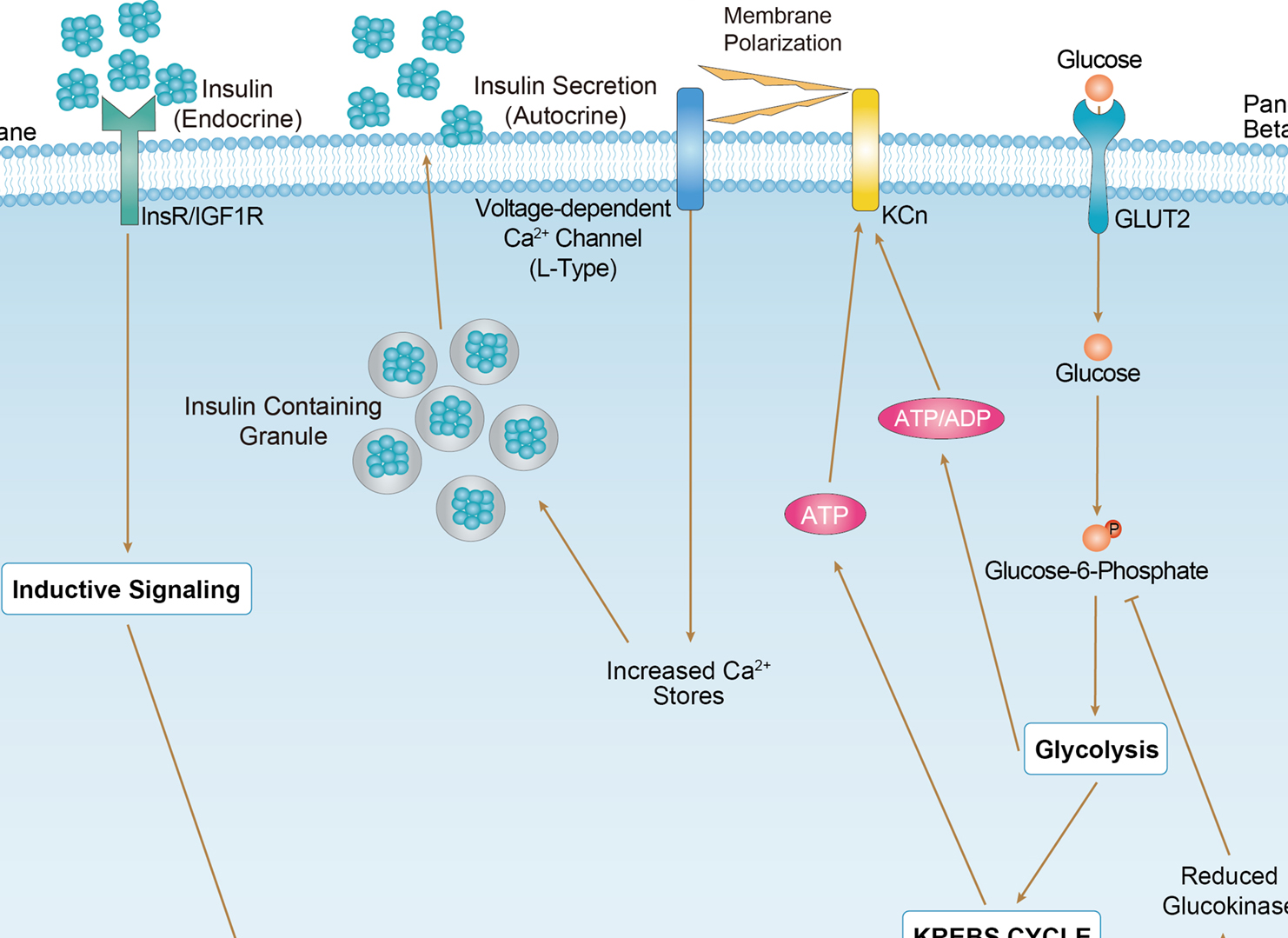GAD1
 Loading...
Loading...Anti-GAD1 Products
+ Filter
 Loading...
Loading...- Rabbit Anti-GAD1 Recombinant Antibody (clone JM11-11) (MRO-0619-CN)
-
- Species Reactivity: Human, Mouse, Rat
- Type: Rabbit IgG
- Application: WB, IP
-
- Species Reactivity: Human
- Type: Rabbit IgG
- Application: ELISA
-
- Species Reactivity: Human
- Type: Rabbit IgG
- Application: ELISA
-
- Derivation: Mouse
- Species Reactivity: Human
- Type: Mouse IgG2b
- Application: WB, ICC, IF, IHC, IP
-
- Species Reactivity: Human
- Type: Mouse antibody
- Application: IHC-P, WB
- Chicken Anti-GAD1 Polyclonal IgY (BRD-0697MZ)
-
- Species Reactivity: Human, Rat, Mouse
- Type: Chicken antibody
- Application: ICC, IF, IHC, WB
-
- Derivation: Phage display library
- Species Reactivity: Human
- Type: Rabbit IgG
- Application: WB, IP
- Anti-GAD1 Immunohistochemistry Kit (VS-0325-XY889)
-
- Species Reactivity: Human, Mouse, Rat
- Target: GAD1
- Application: IHC
- Anti-Mouse GAD1 Immunohistochemistry Kit (VS-0525-XY2713)
-
- Species Reactivity: Human, Mouse, Rat
- Target: GAD1
- Application: IHC
- Anti-Human GAD1 Immunohistochemistry Kit (VS-0525-XY2712)
-
- Species Reactivity: Human
- Target: GAD1
- Application: IHC
- Anti-Canine GAD1 Immunohistochemistry Kit (VS-0525-XY2714)
-
- Species Reactivity: Human, Mouse, Rat, Canine, Porcine, Bovine, Chicken, Monkey
- Target: GAD1
- Application: IHC
- Anti-Monkey GAD1 Immunohistochemistry Kit (VS-0525-XY2715)
-
- Species Reactivity: Human, Mouse, Rat, Monkey, Zebrafish
- Target: GAD1
- Application: IHC
View More Products
Can't find the products you're looking for? Try to filter in the left sidebar.Filter By Tag
More Infomation
Our customer service representatives are available 24 hours a day, from Monday to Sunday. Contact Us
For Research Use Only. Not For Clinical Use.
Background
This gene encodes one of several forms of glutamic acid decarboxylase, identified as a major autoantigen in insulin-dependent diabetes. The enzyme encoded is responsible for catalyzing the production of gamma-aminobutyric acid from L-glutamic acid. A pathogenic role for this enzyme has been identified in the human pancreas since it has been identified as an autoantigen and an autoreactive T cell target in insulin-dependent diabetes. This gene may also play a role in the stiff man syndrome. Deficiency in this enzyme has been shown to lead to pyridoxine dependency with seizures. Alternative splicing of this gene results in two products, the predominant 67-kD form and a less-frequent 25-kD form.


 Maturity Onset Diabetes of the Young
Maturity Onset Diabetes of the Young